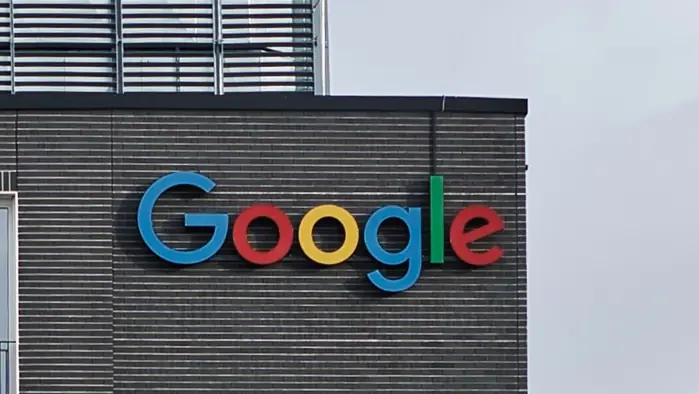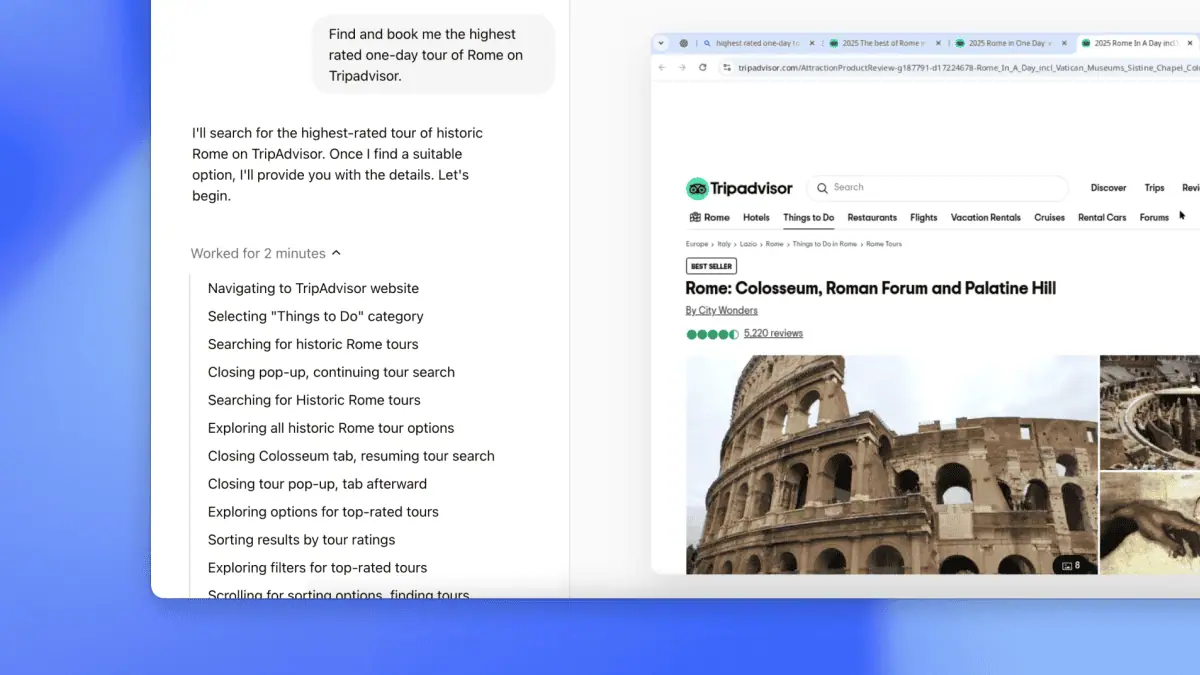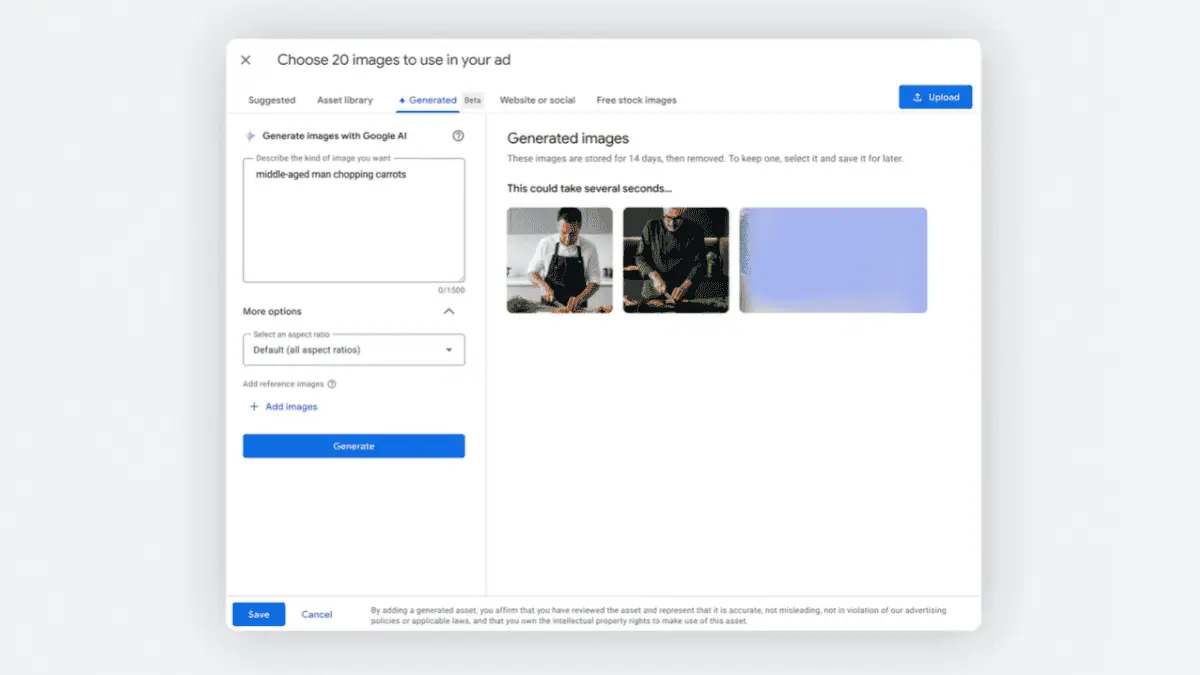US Department of Justice proposes to federal judge that Google be required to sell Chrome
The DOJ previously threatened to break up Android & Search.
2 min. read
Published on
Read our disclosure page to find out how can you help MSPoweruser sustain the editorial team Read more
Key notes
- The US Department of Justice (DOJ) proposes Google sell its Chrome browser.
- It also wants federal judge to impose restrictions on Android and data transparency.
- Google argues the DOJ’s proposals could harm consumers.

The US Department of Justice (DOJ) is proposing to a federal judge that Google be required to sell off its Chrome browser to address its illegal monopoly in the search market.
Bloomberg reported that the DOJ’s proposal also includes data training and AI measures, which then keep the competition in search and AI markets alive. It also seeks to impose restrictions on its Android operating system and improve data transparency for advertisers.
This case has been going on for years under the Trump administration, with an August 2024 ruling that found Google violated antitrust laws. Google has been fighting back, saying that saying that the DOJ’s proposals, including breaking up parts of its business like Android & Search, could harm consumers, stifle innovation, and create privacy risks.
“Government overreach in a fast-moving industry may have negative unintended consequences for American innovation and America’s consumers,” the Mountain View tech giant said in an October blog update.
But, it’s not the first time the United States government tried to break up a Big Tech entity.
Back in 2001, Microsoft faced antitrust for using its dominance in the personal computer operating system market to stifle competition, particularly targeting its practices related to Internet Explorer and bundling software with Windows.
The US government sought to break up Microsoft, or at the very least, impose significant restrictions on its business practices, though ultimately the company reached a settlement that avoided a full breakup.









User forum
0 messages